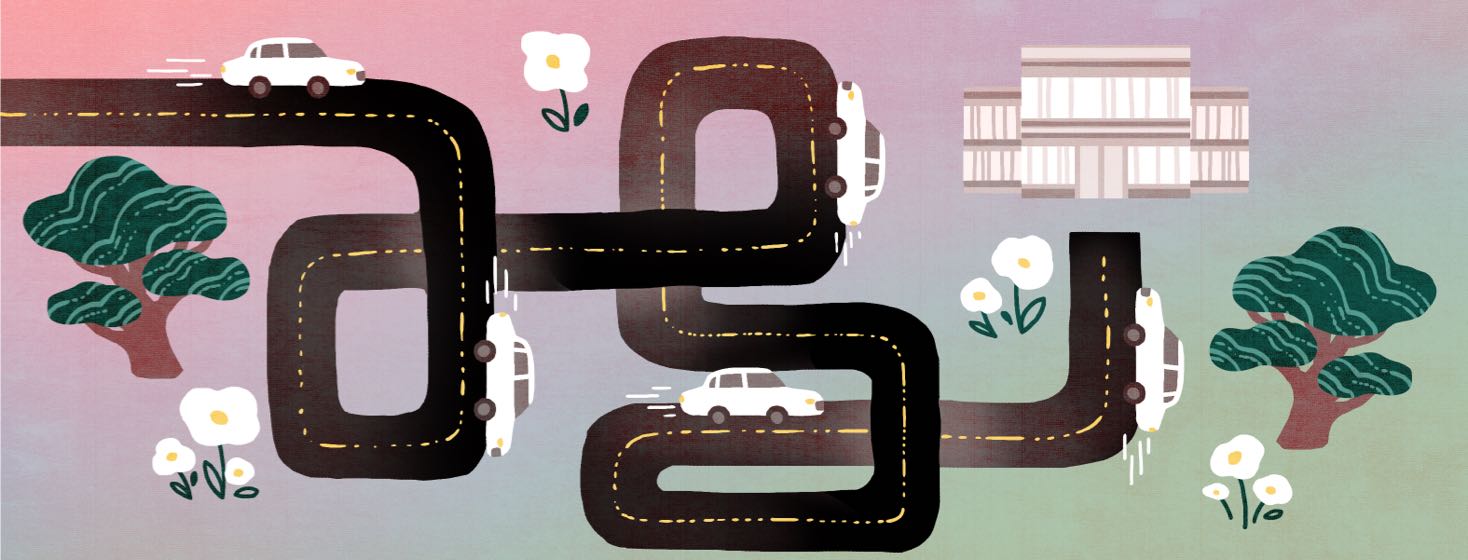Navigating Transportation Barriers to Cancer Care
Different treatments and appointments are a part of fighting cancer. But keeping up with these commitments can be quite hard. Studies show that 1 of the biggest hurdles can be getting to and from these appointments.
Getting to doctor's appointments for checkups and treatments is called Non-Emergency Medical Transportation (NEMT). NEMT includes:1
- Visits to doctor's offices
- Clinic visits
- Non-emergency hospital visits
A study from 2022 in the Journal of the American Medical Association looked into the effect that barriers to transport have on people getting crucial treatment for cancer. Barriers include:2
- Trouble affording rides
- Rides that are not reliable
- Difficulty arranging rides
The study found that the people most affected were younger than 65. Having trouble getting to important appointments can have big consequences. It can interfere with getting necessary treatment as soon as possible.2,3
Missing ongoing treatments can lead to new or worsening problems with your health. It can also lead to higher healthcare costs. For example, it could cause you to need emergency care or a hospital stay.".2-4
Free and affordable transport options
If you are having financial trouble arranging transport, there are many resources available to you. One such option is Medicaid. Medicaid is an insurance program funded by state governments.5
The exact rules for providing Medicaid change by state. Still, the law requires each state to provide some form of transportation help. You can see if you are eligible for Medicaid at benefits.gov.6
There are also programs that improve access to public transportation by offering free or reduced fares. One example is the reduced fare program available through the Chicago Transit Authority. This program provides free bus passes for:7
- Senior citizens
- People on Medicare
- People with disabilities
Check if there are similar programs available where you live by contacting the public transportation agencies in your area. You may also be able to find transport support through national nonprofits and local support groups dedicated to your type of cancer.7
Options available with private insurance
Private insurance companies sometimes help with transport costs. They can cover a range of services to help you make it to your appointments. Some may offer reimbursements for gas and mileage, access to public transportation, and even rides themselves. Private insurance companies that offer transport help include:8-10
- Aetna
- United
- Blue Cross Blue Shield
These services will usually have some rules, such as a limit on the number of yearly rides. Call your insurance company to see if you are eligible for transportation services or if they can suggest other options.8-10
Using rideshare mobile apps
Another option is the use of rideshare companies such as Lyft, Uber, and GoGoGrandparent. These companies have smartphone apps that allow you to request a ride through their app. Rides are given by people who drive their own vehicles for the company. Many ride-sharing apps also let you schedule rides ahead of time.
If you are able to drive, you may also consider car-sharing. Companies such as Turo and Zipcar allow people to rent a car for short periods of time, also through a smartphone app. These apps require that you have a valid driver's license that you can show them.11,12
Some things you need to keep in mind when using ride-sharing and car-sharing services are price and availability. Prices vary depending on the distance to the destination and how busy the service is at the time. There are also programs to help you get rides for free through Lyft and Uber.13,14

Join the conversation